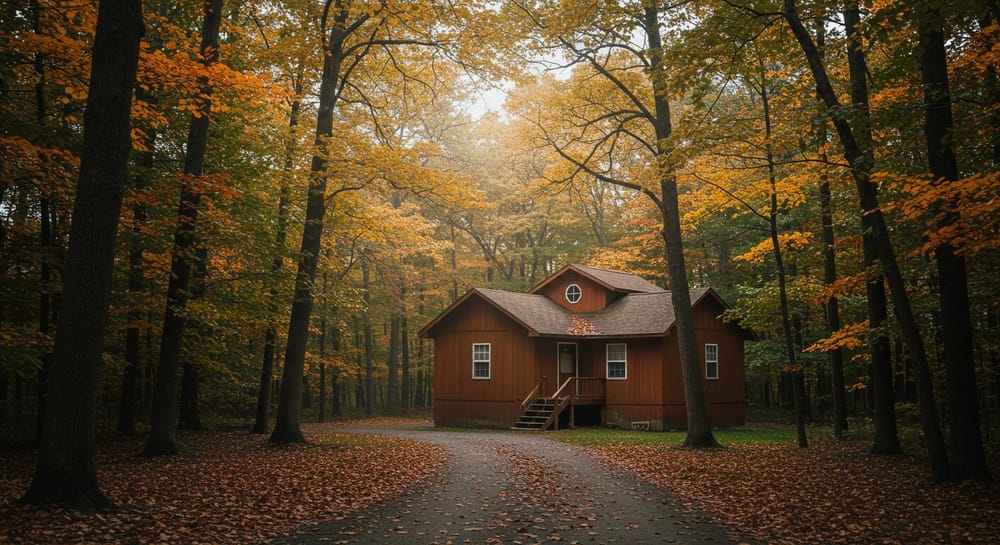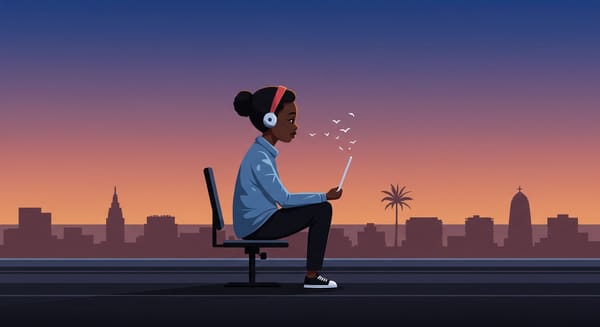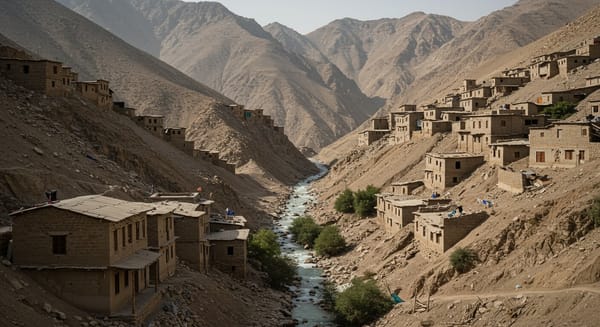Scientists & Spiritual Leaders Agree: Consciousness After Death
The Revolutionary Discovery That's Reshaping How We Think About Death and Consciousness
Something extraordinary is happening in the world of science and spirituality. For the first time in human history, researchers from completely different fields are arriving at the same startling conclusion—and it's challenging everything we thought we knew about consciousness and what happens when we die.
A thought-provoking discussion started by Reddit user u/Tstrizzle89 in the spirituality community has captured the attention of hundreds, sparking deep conversations about what many are calling "the biggest discovery in human history." But here's what makes this different from typical spiritual speculation: the evidence is coming from multiple scientific disciplines simultaneously.
When Science Meets Spirituality: Four Fields, One Truth
What's fascinating about this emerging understanding isn't just the spiritual implications—it's the scientific backing. We're seeing convergence from neuroscience, quantum physics, consciousness research, and near-death experience studies. Each field is approaching the question from completely different angles, yet they're all pointing toward the same revolutionary conclusion.
As one community member, Magdalena_Rose, put it: "It's wild how four totally different fields are saying the same thing and yet so many still write it off as coincidence or fantasy." And honestly? She's got a point. When was the last time you saw scientists from unrelated fields accidentally stumble onto the same groundbreaking discovery?
The Evidence That's Hard to Ignore
The discussion has been particularly moving because it includes real-world experiences that seem to validate the theoretical research. One of the most powerful testimonies came from Appropriate_Ratio835, who shared their profound loss:
"My 19 year old son just passed away Wednesday. He spoke to God and his recently passed Nana in the hours leading up to his death. He kept saying oh wow oh wow it's so beautiful."
This isn't an isolated incident. Healthcare workers and researchers have been documenting similar experiences for years. ChucklesMuffin mentioned watching research on Gaia about "the final moments of people's lives," where "researchers documented the last words and experiences of hundreds of patients in their final days."
These accounts aren't just anecdotal anymore—they're part of a growing body of evidence that suggests consciousness might be far more complex than we previously understood.
Is This Really a Discovery, or Are We Just Remembering?
Here's where things get really interesting. Less-Bus-2303 raised a compelling point that this might not be a discovery at all: "I think it's a rediscovery, not a discovery. A large part of the world had done away with the idea of a soul and afterlife because they did away with God and the paranormal altogether."
Think about it—ancient cultures across the globe, from Tibetan Buddhism to Egyptian mythology, have always maintained that consciousness continues after physical death. Maybe we're not discovering something new; maybe we're just finally developing the scientific tools to validate what humans have intuitively known for millennia.
The Universal Consciousness Connection
One of the most intriguing aspects of this emerging understanding is the concept of universal consciousness. Phteven_with_a_v captured this beautifully: "We're all part of one massive universal conscious machine but we can all imagine running the machine a little better—as one collective."
This idea suggests that individual consciousness isn't separate from universal consciousness—we're all connected parts of something much larger. It's a concept that bridges the gap between cutting-edge physics and ancient spiritual wisdom.
What This Means for How We Live
If this understanding gains broader acceptance, it could fundamentally change how we approach life, death, and everything in between. We might start viewing our existence not as isolated individual experiences, but as interconnected parts of a larger conscious reality.
The implications are staggering. How would healthcare change if medical professionals fully embraced the continuation of consciousness? How would we grieve differently if we truly understood that death might not be an ending but a transformation?
The Resistance to New Understanding
Of course, not everyone is ready to accept these ideas. Despite mounting evidence from multiple scientific disciplines, there's still significant resistance in mainstream academia and medicine. But that's not unusual—most revolutionary discoveries face skepticism initially.
What's different this time is that the evidence isn't coming from just one source or methodology. We're seeing consistent results from brain imaging studies, quantum physics experiments, documented near-death experiences, and consciousness research. When completely different scientific approaches start yielding similar results, it becomes much harder to dismiss.
Where Do We Go From Here?
The conversation in the spirituality community reflects a broader shift happening in human understanding. We're standing at the intersection of ancient wisdom and modern science, and for the first time, they're not contradicting each other—they're supporting each other.
This isn't about abandoning scientific rigor for spiritual fantasy. It's about expanding our scientific understanding to include aspects of reality that we previously couldn't measure or explain. As our tools become more sophisticated, we're discovering that consciousness might be far more fundamental to the universe than we ever imagined.
Frequently Asked Questions
What scientific fields are contributing to this understanding?
The main contributors are neuroscience (studying brain activity during death), quantum physics (exploring consciousness at the quantum level), near-death experience research, and consciousness studies. Each field is providing pieces of a larger puzzle.
Is there actual scientific evidence for consciousness after death?
Researchers have documented measurable brain activity continuing after clinical death, consistent reports from near-death experiencers, and quantum physics theories that suggest consciousness might not be produced by the brain but rather interfaced through it.
How does this relate to different religious and spiritual traditions?
Interestingly, the emerging scientific understanding aligns with many ancient spiritual traditions that have always taught the continuation of consciousness after physical death, suggesting these traditions might have been onto something profound.
The Bigger Picture
Whether you approach this from a scientific perspective or a spiritual one, there's something undeniably compelling about the convergence we're witnessing. Maybe we really are living through one of the most significant discoveries in human history—not just about what happens when we die, but about the true nature of consciousness itself.
The discussion started by u/Tstrizzle89 has clearly struck a nerve, resonating with people who sense that our understanding of reality is on the verge of a major shift. And if they're right, we might be witnessing the moment when humanity finally begins to understand its true place in the cosmic order.
What do you think? Are we really on the brink of the biggest discovery in human history, or are we simply rediscovering truths that have been with us all along?
Source
Originally discussed by u/Tstrizzle89 on r/spirituality
Read the original post: Reddit Thread




